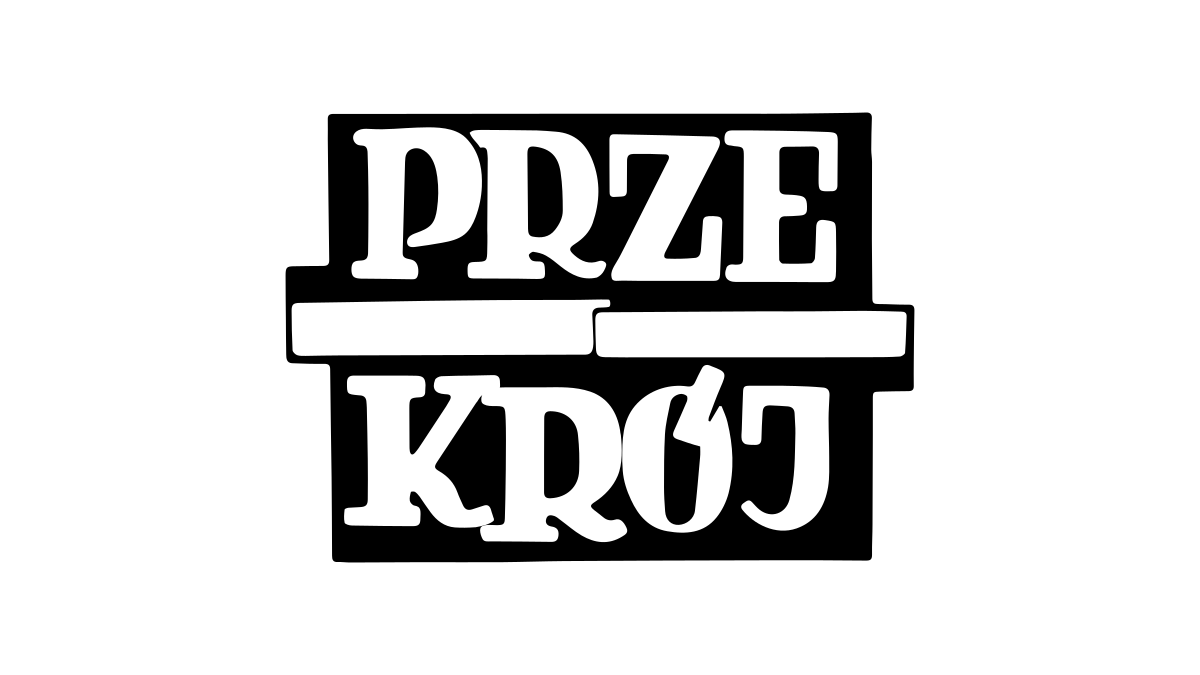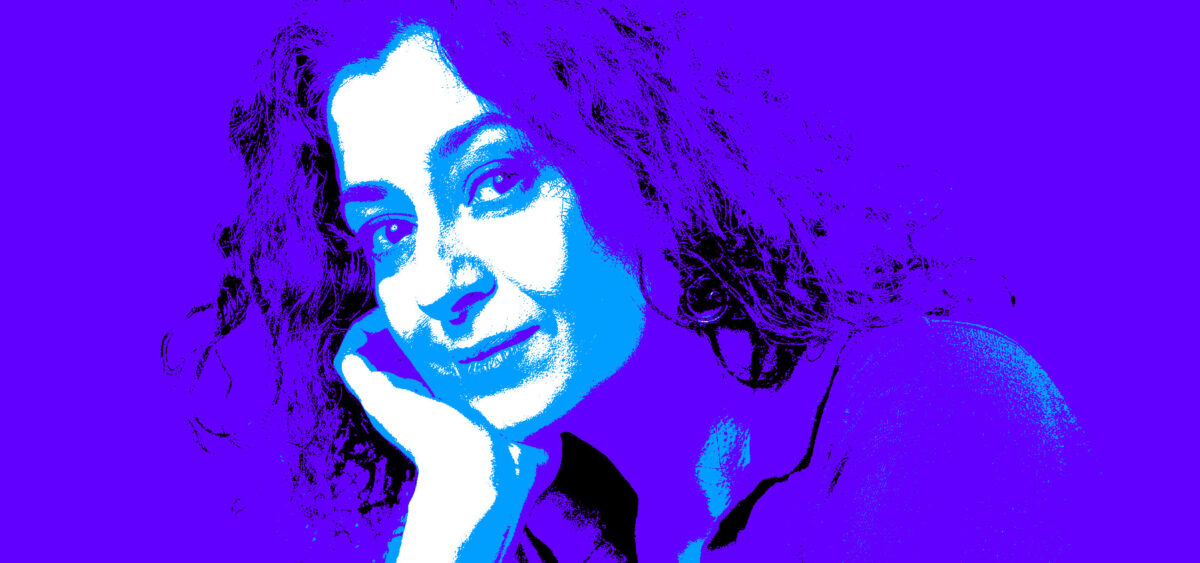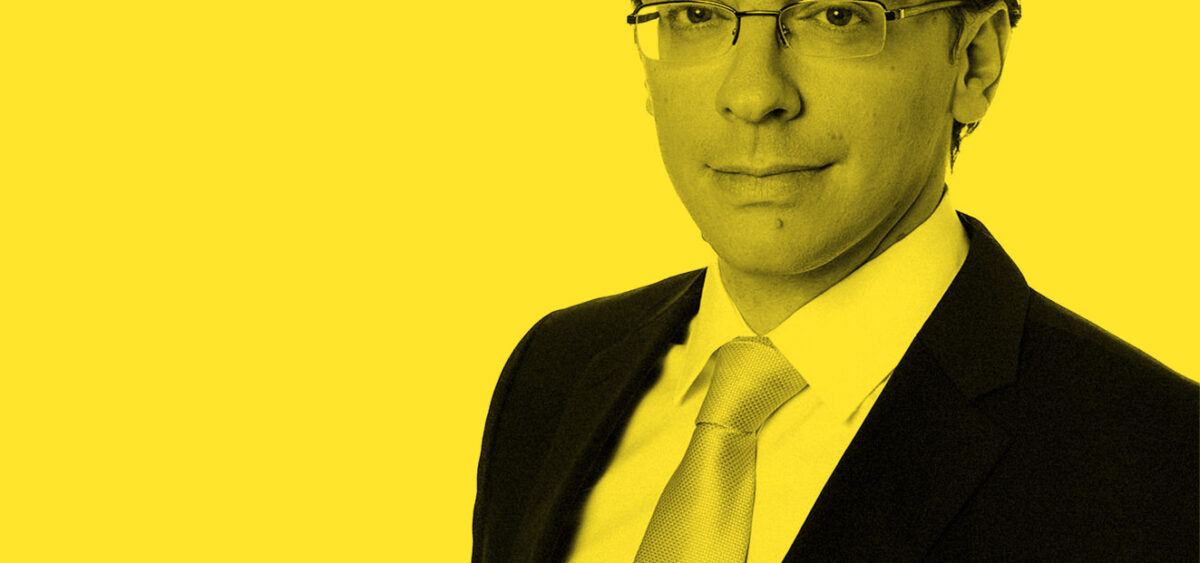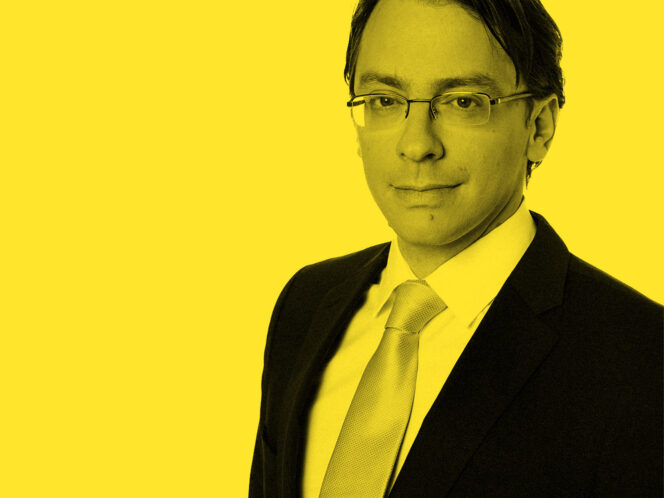
Ece Temelkuran believes the answer to hate speech and aggression is attention. The Turkish writer and journalist discusses the possibility of a politics of gentleness with Paulina Wilk.
She’s fifty years old and one of the most widely read and influential commentators in Turkey, although she’s been living abroad in Zagreb, Croatia for the last five years. Among the first public intellectuals to study the new wave of fascism and authoritarianism in Europe and the Middle East, Temelkuran is a distinguished left-wing thinker looking for pathways to a new future. Together, her latest book, presents ten ways of building a better world through tender words.
Paulina Wilk: The world knows you as a sharp critic of the absurd contemporary political reality. You were one of the first to point out the rise of neo-fascism in Turkey, Europe, and Asia. But in your new book, you drop the militant tone and move away from identifying problems. How did you manage to swap the narrative of hopelessness for the optimistic new community you write about in Together?
Ece Temelkuran: After publishing How to Lose a Country, which was about the global rise of right-wing populism, I was traveling around the world meeting my readers. I kept hearing the same question: “Where is the hope?” So I started wondering, what do all these people from all these different countries mean by hope? That’s how my work on Together began, with digging into this word. Today we have this binary perspective on the future. People are either trying to be hopeful, or they are taking pride in being very elaborate about their hopelessness. I wanted to go beyond that binary. We need something new, especially in light of what’s been going on in recent years. I noticed the moral damage, the malaise that the rise of fascism caused. Some people say, “well, if we get rid of this or that dictator, of this or that populist politician or whatever, it’ll all be over.” Whereas I see this deterioration of politics and morals as inherent to the system. Therefore we need a counter-narrative in order to rid ourselves of the malaise. I’m forty-eight, my generation grew up with two piles of books. One contained the grand narratives of socialism, communism, etc., while the books in the second pile were deconstructing those narratives. That’s how I know it is time to look for a different story, for a new language and new concepts that can cut through class differences, identity differences, national or geographical differences, and so on.
Those are all rational, theoretical reasons. But have there also been some personal inspirations?
Yes, I wanted to take us one step forward, because we are going through a war right now. It’s not an organized war, maybe it’s not a proper war, like in the old days. But what do you call it when Spanish soldiers are pushing refugees back to the sea? The Global South is pushing into the Global North. There is this incredible gap between the rich and poor, LGBTQ+ people are being oppressed. This war may deteriorate, we are going to see some horrible images of humankind. But I didn’t want to talk about that. I wanted to talk about the next step. About the time and the place where we will need new words in order to come together, to heal, to go beyond this conflict.
You wanted to heal yourself?
That’s right, I wanted to heal the wound that I sustained when I had to leave Turkey, my country, where life had become








